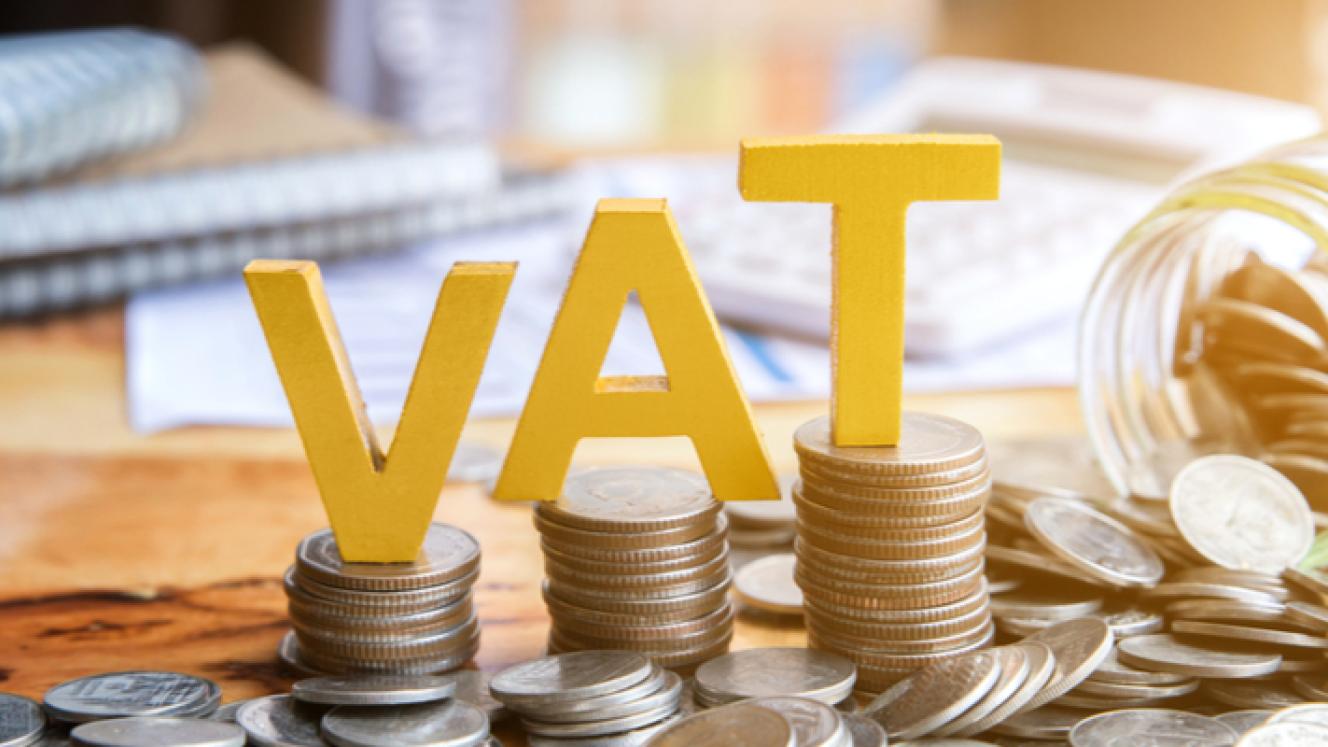First, it was panic. Then it was paperwork. And now? Relief. After a short-lived announcement of a 0.5% VAT increase set to kick in on May 1, businesses across South Africa can finally hit ‘delete’ on the dozens of urgent emails titled ‘VAT impact on travel budgets’.
But while the VAT hike may not be going ahead, it did accomplish something unexpected: it forced companies to pause and take stock of their business travel programmes.
The VAT announcement may have been short-lived, but it offered valuable insights into how prepared – or exposed – businesses are when it comes to their travel programmes. A few cents in tax shouldn’t ever derail your travel plans. It’s a wake-up call to optimise.
For many organisations, the initial rumblings of the VAT increase led to a flurry of internal activity: emails to procurement teams, CFOs questioning budgets, and business travellers suddenly aware of potential new costs on upcoming trips.
Even though the ruling didn’t go through, the effort companies made to assess the impact hasn’t gone to waste.
Here’s what the VAT scare highlighted, and why reflecting on these lessons sets companies up for long-term success.
1. It’s time to revisit your travel policy
The last few years have changed travel behaviour drastically. But many businesses haven’t updated their internal travel policies to reflect this. Are you encouraging advance bookings? Do you have clear per diems? Are approvals streamlined and enforced? The VAT conversation helped remind travel managers just how important a robust policy is. A good policy won’t just keep travellers safe and compliant, it’ll keep costs down too.”
2. The power of negotiated rates
When uncertainty hits – like an unexpected tax – businesses with negotiated supplier rates are best positioned to adapt. Companies working with a TMC like Corporate Traveller enjoy access to pre-negotiated rates that are often VAT-inclusive and protected from short-term market volatility. We had customers asking how this would impact their hotel bands and rate caps. But those on fixed rate agreements, through us, were in a better financial position – that’s the value of a TMC.
3. Read the fine print
If your business uses long-term supplier contracts, the proposed VAT increase was a reminder to read the fine print. Does your agreement include tax clauses? Is it flexible enough to absorb minor shifts in government policy? And if you’re going into an RFP season, are you asking the right questions? Plan for contingencies. The next change may not be half a percent, it could be a fuel surge or accommodation levy. Build contracts that safeguard your business.
Don’t cut, optimise
The biggest takeaway from the VAT stir is this: business travel is still essential. It connects teams, wins deals, and keeps businesses moving. But like every other cost centre, there are always smarter ways to manage it.
Stopping travel in response to cost pressures is a knee-jerk reaction. True resilience lies in reviewing your travel programme holistically, partnering with a trusted expert, and building systems that are agile enough to withstand change, whether that’s VAT, airfare hikes or regulatory shifts.
So while companies may be clicking ‘delete’ on those VAT warning emails, they’d do well to keep the lessons they prompted.












